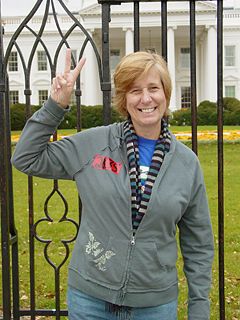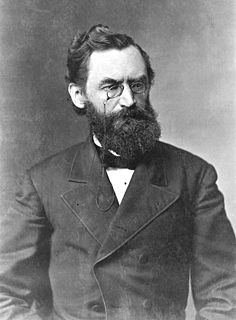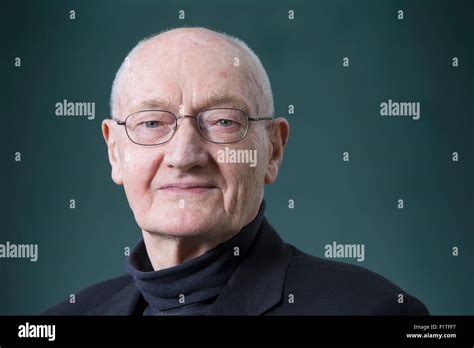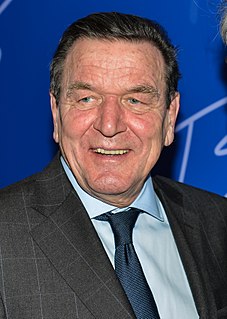A Quote by Vint Cerf
No matter what you do, any country in the world is going to have the ability to set its own rules internally. Any country in the world can pull the plug. It's not a question of technical issues, it's not a question of right or wrong, it's not a question of whether global Internet governance is right or wrong. It's just with us.
Related Quotes
I believe that it is my right and responsibility as an American to question our government when our government is wrong. I'm not one of the immature patriots who say my country right or wrong because my country is wrong now, and my country-the policies of my country are responsible for killing tens of thousands of innocent people, and I won't stand by and let that happen anymore.
The issue is not whether there are horrible cases where the penalty seems "right". The real question is whether we will ever design a capital system that reaches only the "right" cases, without dragging in the wrong cases, cases of innocence or cases where death is not proportionate punishment. Slowly, even reluctantly, I have realized the answer to that question is no- we will never get it right.
Any country is hard to govern, even a very small country. It's not a question of whether the country is large or small. It's a question of how you relate to the work, to what extent you feel responsible for it. Russia is also hard to govern. Russia is at the development stage of both its political system and the creation of a market-based economy. It's a complicated process, but very interesting. Russia, actually, is not just a large country, it's a great country. I mean its traditions, and its cultural particularities.
The question is not whether the good outweighs the bad. The question is whether or not the good excuses the bad. And, in my opinion, it doesn't. It never does. As long as wrongs are being commited, in any quantity, and in any ratio to the amount of good that is being done, it is both irresponsible and wrong not to bring awareness to it, and struggle to put an end to it.
I travel a lot. It used to be, when I would go to any country, I could guarantee that the first question would establish my name, and the fact that I've written Roots, and the third question, at least no later than the fourth question would not be a question, so much as a statement, something like, "We understand that in America white people do such and such bad things to black people."





































